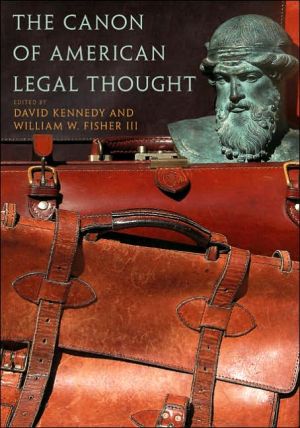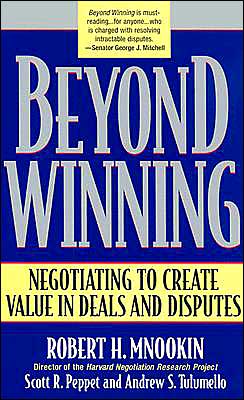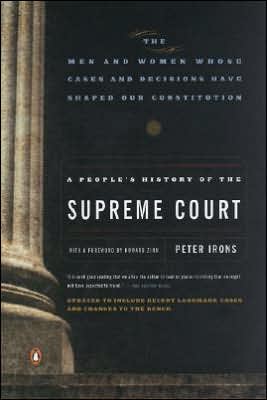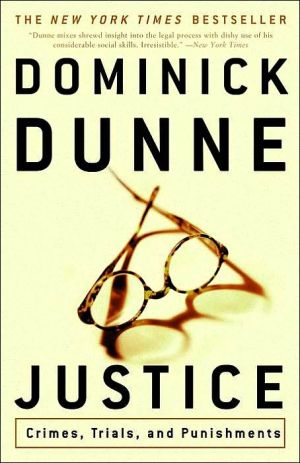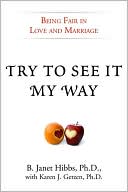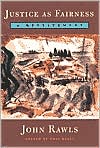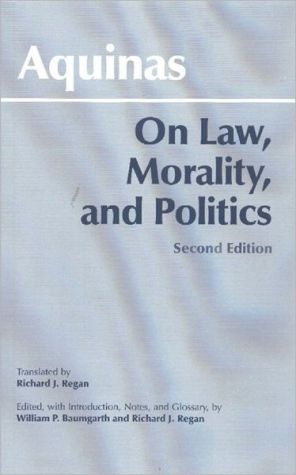The Canon of American Legal Thought
This anthology presents, for the first time, full texts of the twenty most important works of American legal thought since 1890. Drawing on a course the editors teach at Harvard Law School, the book traces the rise and evolution of a distinctly American form of legal reasoning. These are the articles that have made these authors—from Oliver Wendell Holmes, Jr., to Ronald Coase, from Ronald Dworkin to Catherine MacKinnon—among the most recognized names in American legal history.\ These authors...
Search in google:
"Legal thought is a much broader category, and one of more general interest to law students, than jurisprudence, but until now there has been no collection available to readers. By bringing together these classic pieces exemplifying the main themes and schools of modern American legal thought, this book will be extremely useful to any teacher of the subject."—Robert W. Gordon, Yale Law School, editor of The Legacy of Oliver Wendell Holmes, Jr. Harvard Law Review The editors provide an introduction to each article, making the sophisticated scholarship more accessible and highlighting connections among articles whose subjects range from contracts to republican theory. While not everyone will agree with the editors' selections, Professors David Kennedy and William Fisher have undeniably performed a valuable service to scholars and students and have provided an important baseline for understanding legal thought.
Preface ix Introduction 1Part I: Attacking the Old Order: 1900-1940Oliver Wendell Holmes, "The Path of the Law," 10 Harvard Law Review 457 (1897) 19 Wesley Hohfeld, "Some Fundamental Legal Conceptions as Applied in Judicial Reasoning," 23 Yale Law Journal 16 (1913) 45 Robert Hale, "Coercion and Distribution in a Supposedly Noncoercive State," 38 Political Science Quarterly 470 (1923) 83 John Dewey, "Logical Method and Law," 10 Cornell Law Quarterly 17 (1924) 111 Karl Llewellyn, "Some Realism About Realism—Responding to Dean Pound," 44 Harvard Law Review 1222 (1931) 131 Felix Cohen, "Transcendental Nonsense and the Functional Approach," 35 Columbia Law Review 809 (1935) 163Part II: A New Order: The Legal Process, Policy, and Principle: 1940-1960Lon L. Fuller, "Consideration and Form," 41 Columbia Law Review 799 (1941) 207 Henry M. Hart, Jr., and Albert M. Sacks, The Legal Process: Basic Problems in the Making and Application of Law, Problem No. 1 (unpublished manuscript, 1958) 241 Herbert Wechsler, "Toward Neutral Principles of Constitutional Law," 73 Harvard Law Review 1 (1959) 311Part III: The Emergence of Eclecticism: 1960-2000Policy and Economics Ronald H. Coase, "The Problem of Social Cost," 3 Journal of Law and Economics 1 (1960) 353 Guido Calabresi and Douglas Melamed, "Property Rules, Liability Rules, and Inalienability: One View of the Cathedral," 85 Harvard Law Review 1089 (1972) 401The Law and Society MovementStewart Macaulay, "Non-Contractual Relations in Business: A Preliminary Study," 28 American Sociological Review 55 (1963) 445 Marc Galanter, "Why the'Haves' Come Out Ahead: Speculations on the Limits of Legal Change," 9 Law and Society Review 95 (1974) 481 Liberalism: Interpretation and the Role of the Judge Ronald Dworkin, "Hard Cases," 88 Harvard Law Review 1057 (1975) 549 Abram Chayes, "The Role of the Judge in Public Law Litigation," 89 Harvard Law Review 1281 (1976) 603Critical Legal Studies Duncan Kennedy, "Form and Substance in Private Law Adjudication," 88 Harvard Law Review 1685 (1976) 647Liberalism: Legal Philosophy and Ethics Robert Cover, "Violence and the Word," 95 Yale Law Journal 1601 (1986) 733 Frank Michelman, "Law's Republic," 97 Yale Law Journal 1493 (1988) 777Identity Politics Catharine A. MacKinnon, "Feminism, Marxism, Method, and the State: An Agenda for Theory," 7:3 Signs: Journal of Women in Culture and Society 515 (1982) 829 Catharine A. MacKinnon, "Feminism, Marxism, Method, and the State: Toward a Feminist Jurisprudence," 8 Signs: Journal of Women, Culture, and Society 635 (1983) 869 Kimberlé Crenshaw, Neil Gotanda, Gary Peller, and Kendall Thomas, eds., "Introduction," Critical Race Theory: The Key Writings that Formed the Movement, The New Press, New York, 1996 at xiii-xxxii 887
\ The American LawyerThere is much in this compilation to admire, and it would actually make sense to make every American law professor . . . read and ponder these pieces.\ — Stephen B. Presser\ \ \ \ \ New York Law Journal\ - Aziz Huq\ [This book] is invaluable evidence that the study of law and the distinctive arguments and claims characteristic to legal practice and academia, are worthy of study as an autonomous discipline. In an age where the legal academy is increasingly moving toward a 'law and —' model of scholarship, this weighty reminder that the law warrants its own study could not be more timely.\ \ \ American Studies\ - George Conyne\ [W]hile this specialized and sophisticated compendium is not light summer reading, it is for the interested scholar with some legal background who wants a survey of contemporary American legal thought and the grounding to take that interest further.\ \ \ \ \ The American Lawyer\ - Stephen B. Presser\ There is much in this compilation to admire, and it would actually make sense to make every American law professor . . . read and ponder these pieces.\ \ \ \ \ Harvard Law ReviewThe editors provide an introduction to each article, making the sophisticated scholarship more accessible and highlighting connections among articles whose subjects range from contracts to republican theory. While not everyone will agree with the editors' selections, Professors David Kennedy and William Fisher have undeniably performed a valuable service to scholars and students and have provided an important baseline for understanding legal thought.\ \ \ \ \ New York Law Journal[This book] is invaluable evidence that the study of law and the distinctive arguments and claims characteristic to legal practice and academia, are worthy of study as an autonomous discipline. In an age where the legal academy is increasingly moving toward a 'law and —' model of scholarship, this weighty reminder that the law warrants its own study could not be more timely.\ — Aziz Huq\ \ \ \ \ American Studies[W]hile this specialized and sophisticated compendium is not light summer reading, it is for the interested scholar with some legal background who wants a survey of contemporary American legal thought and the grounding to take that interest further.\ — George Conyne\ \ \ \ \ Harvard Law Review\ The editors provide an introduction to each article, making the sophisticated scholarship more accessible and highlighting connections among articles whose subjects range from contracts to republican theory. While not everyone will agree with the editors' selections, Professors David Kennedy and William Fisher have undeniably performed a valuable service to scholars and students and have provided an important baseline for understanding legal thought.\ \ \ \ \ New York Law Journal\ [This book] is invaluable evidence that the study of law and the distinctive arguments and claims characteristic to legal practice and academia, are worthy of study as an autonomous discipline. In an age where the legal academy is increasingly moving toward a 'law and --' model of scholarship, this weighty reminder that the law warrants its own study could not be more timely.\ — Aziz Huq\ \ \ \ \ American Studies\ [W]hile this specialized and sophisticated compendium is not light summer reading, it is for the interested scholar with some legal background who wants a survey of contemporary American legal thought and the grounding to take that interest further.\ — George Conyne\ \ \ \ \ The American Lawyer\ There is much in this compilation to admire, and it would actually make sense to make every American law professor . . . read and ponder these pieces.\ — Stephen B. Presser\ \
